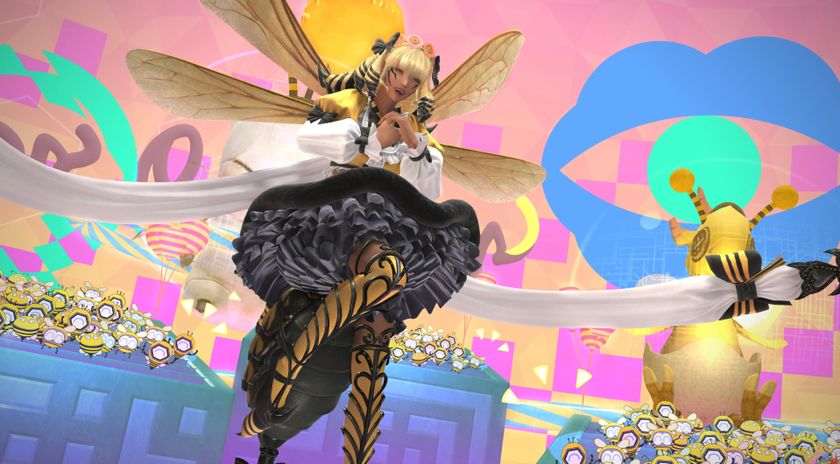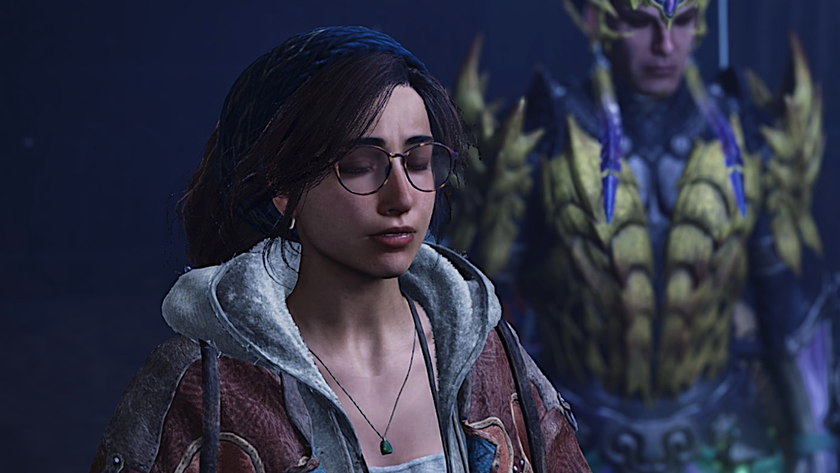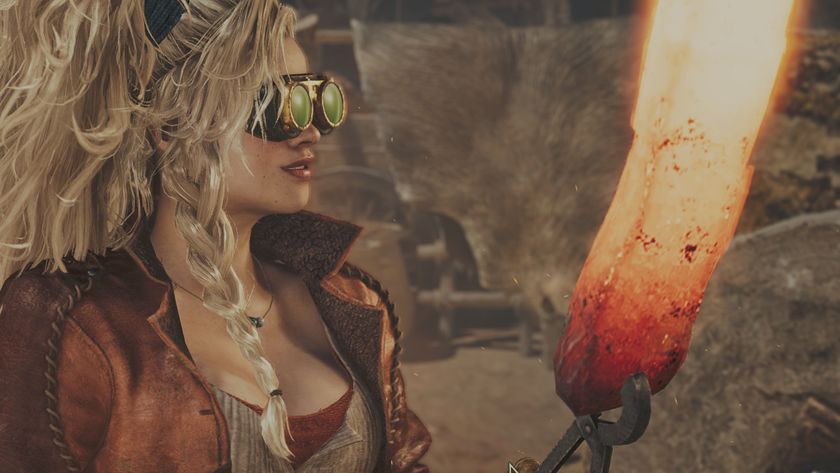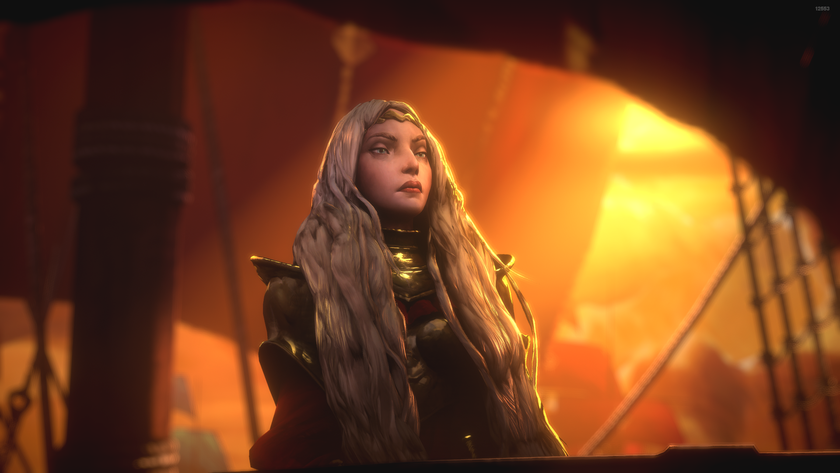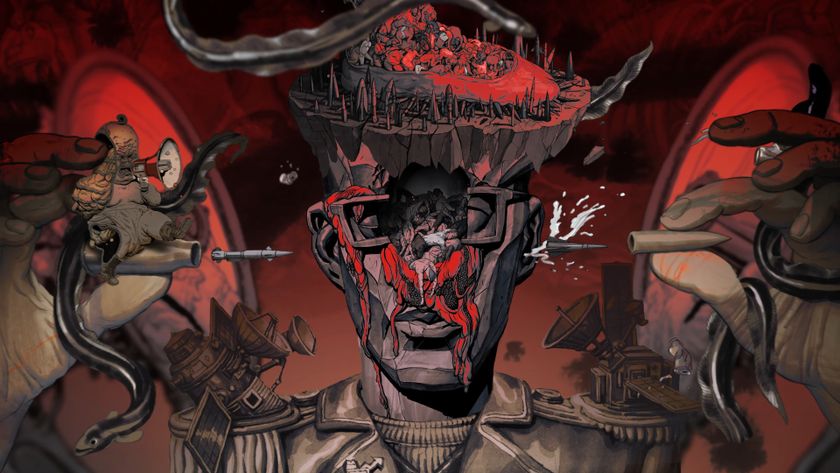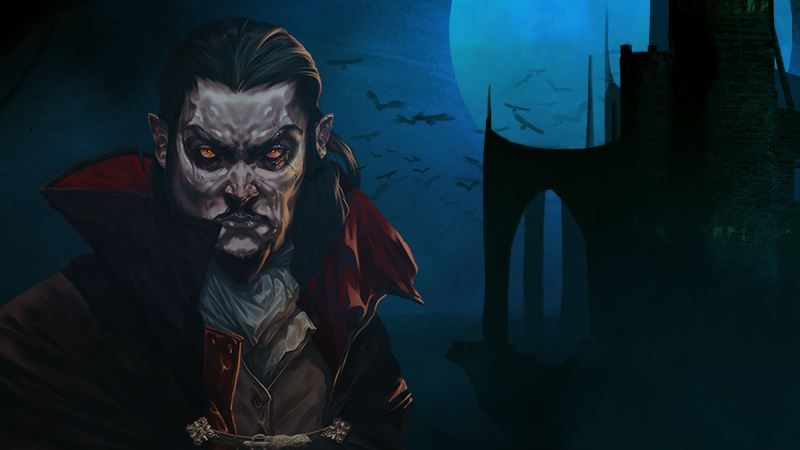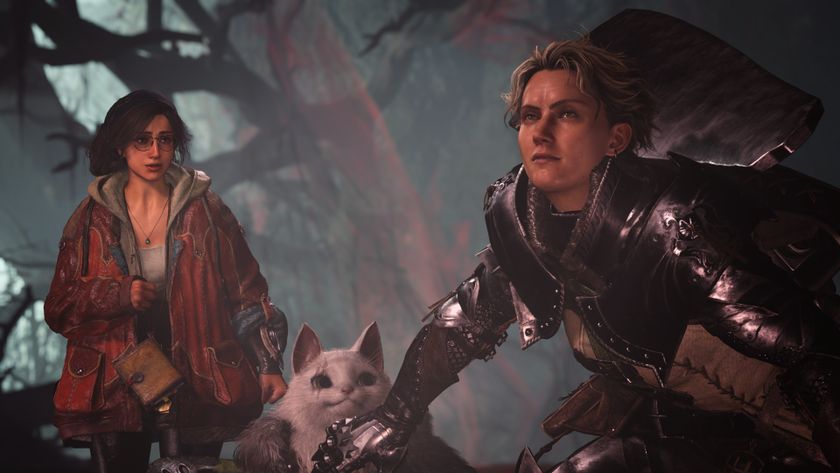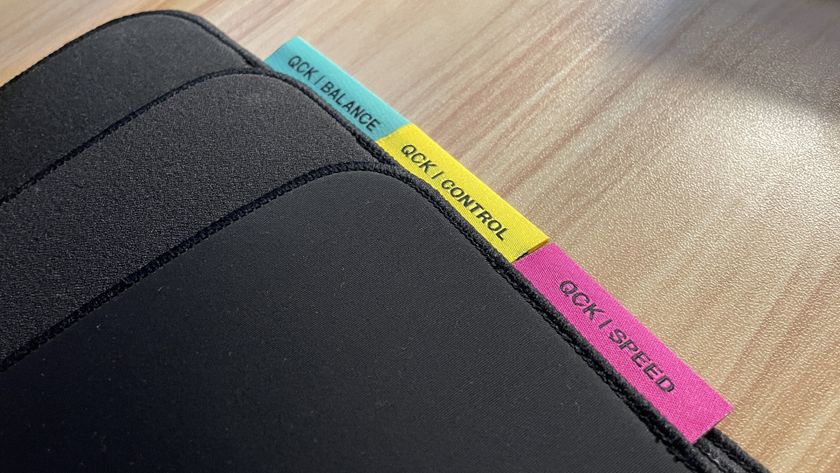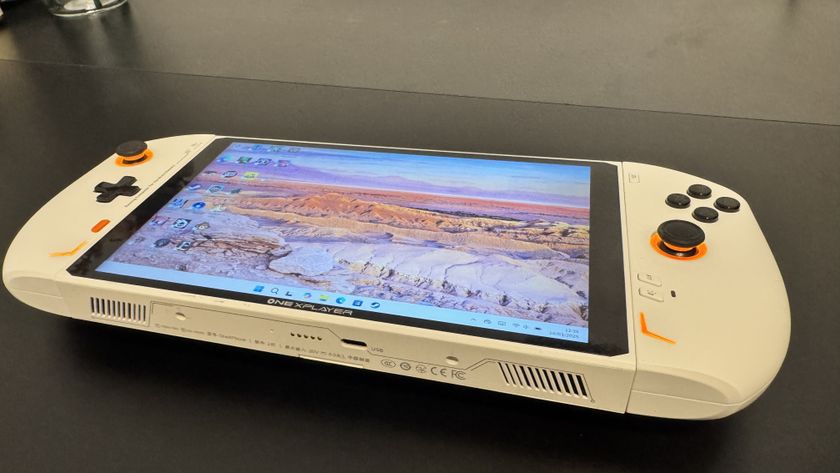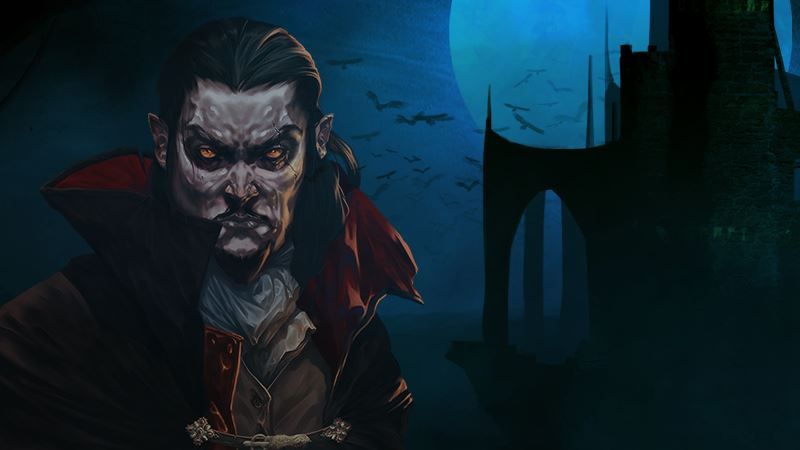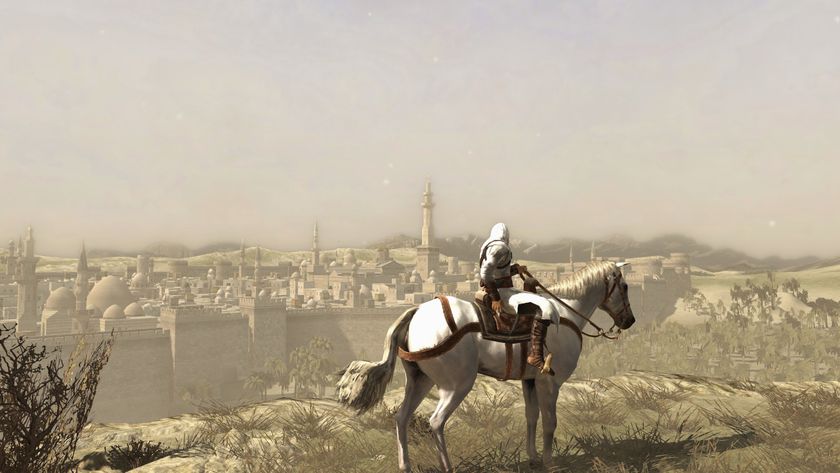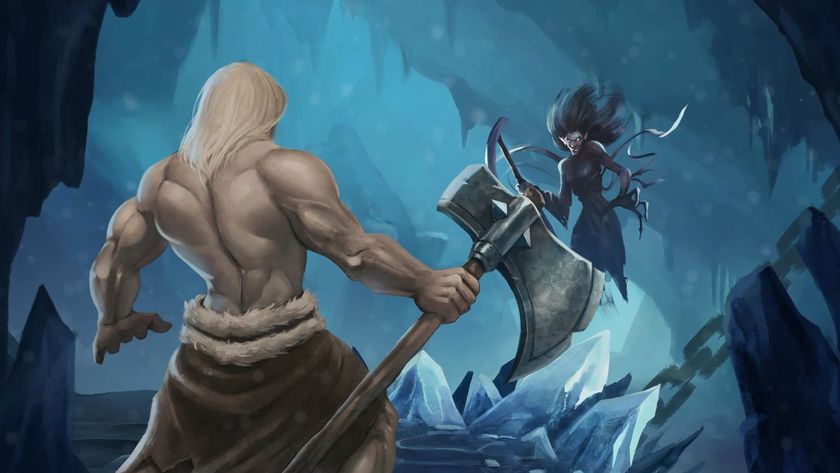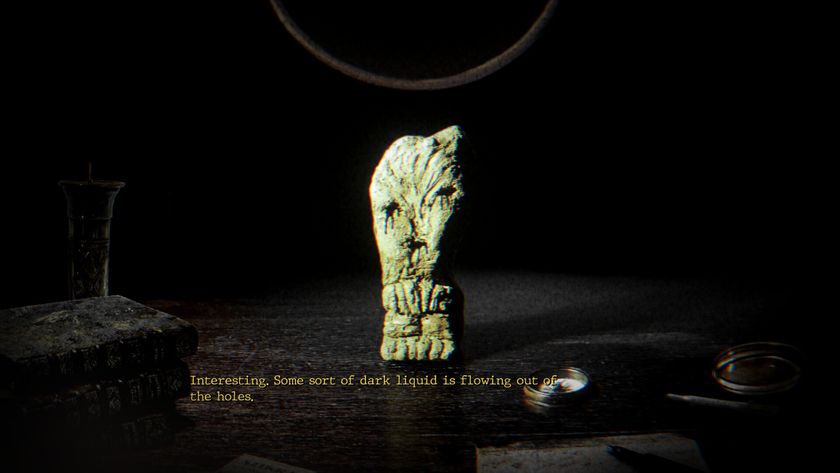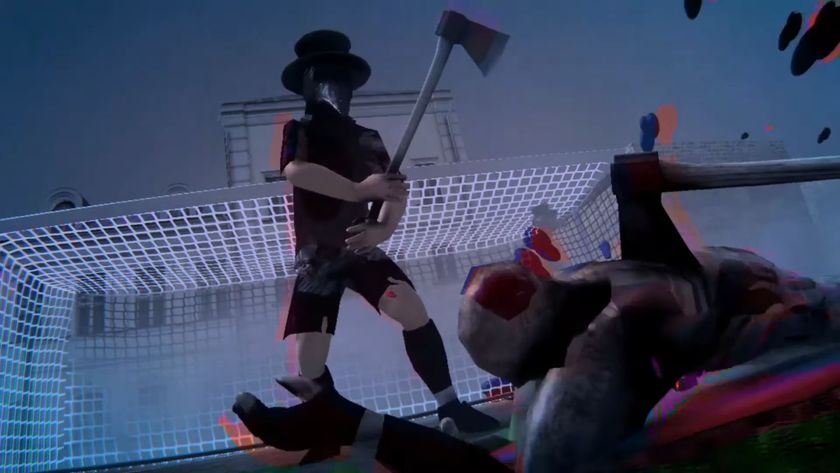Interview: writing Deus Ex: Human Revolution
PCG: I know Shanghai is in there because it's where one of the main cybernetics companies is based, and they've made this two-tiered island - why are the other cities in there? Because it's Detroit, and I seem to remember Montreal...
DeMerle: I'm only at liberty to say Detroit. There might be... I mean, there are other cities, but yeah.
PCG: So why did you choose Detroit?
DeMerle: I think Detroit just made a lot of sense when we started out, because you're dealing with a time frame in which the American empire's crumbling, and certainly in the Deus Ex history it will crumble very shortly after our game comes out. There's two things Detroit represents as an American city. It does seem like the symbol of the American empire that's falling, because it was the start of the auto industry, and this great thing, and then it was effaced...
So, a) that symbolically fit into all the themes of our game. And b) when we were looking at augmentations and thinking, "How would this industry take off?" we realised, well, if they're gonna mass produce these they're gonna need these factories, and what better place to go than the place that revolutionised factories, and is now losing its industry? So that was I think part of why we settled on Detroit.
PCG: Robot arms making robot arms...
DeMerle: Yes, exactly! You know? And I think that, actually, part of the David Sarif story is the idea that he got his company to really take off by seeing that, "I can go and buy one of these other factories that are failing, and convert them."
The biggest gaming news, reviews and hardware deals
Keep up to date with the most important stories and the best deals, as picked by the PC Gamer team.
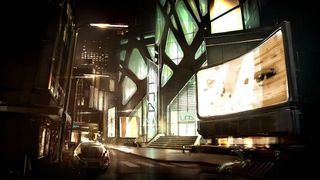
PCG: [Art Director] Jonathan was saying the Renaissance art style started out being blanketed over everything, and then later they restricted it to certain characters and certain areas. Obviously it's a throwback fashion, did that influence your writing of those characters, and how they talk?
DeMerle: I would say not necessarily. I mean, on one level, perhaps. When I came on the project, I really liked the analogy of a Cyber Renaissance, because as Jon was saying, the Renaissance was a period of great scientific innovation and discovery, you had a lot of resistance to it from the establishment, and the great thinkers of that time who pushed it forward. And now here we are at a time when we're re-opening that Renaissance into the age of the machines, and so in that respect the characters who embody that innovation may be similar to that of the Renaissance. I told you how I built up Jensen's key traits: for every character, I start with the key character traits and then that creates the character and the backstory that made them that way. So for me, what drives the character is in terms of themselves and their traits, and how those manifest.
But I would say in terms of the Cyber Renaissance, one thing that is fun is the fact that we're creating not just the characters and plot, but an entire world. Jon had a slide up with all the major franchises and logos and he said, "We came up with all that stuff." And we really have. And one of my writers the other day was saying, "This is amazing, I don't know any other game I've worked on in which we've been asked to come up with the names of street signs." Because it's important, and because those names manifest our themes as well, potentially. And even the name of the building that Adam lives in, there's a reason behind all these things that may tie into the mythology.
PCG: I noticed in the demo that the aircraft you arrive in is named the B-EE, and the club you're going to is the Hive, and-
DeMerle: Oh, god, I never even saw that! See, these are the kind of things I like! No, I have to admit, because I do have a bunch of writers, I forget why it was the B-EE. But one of the writers did that – that was independent.
PCG: Invisible War obviously is not as well-liked by fans of the original game. But when it came to the plot, it actually tried to give you more choice than Deus Ex 1. In Deus Ex 1, once you discover UNATCO are part of a cover-up, you have some leeway over when you do it, but you have to switch sides. Whereas in Deus Ex 2, you were choosing who to work for all the way through. To an absurd extent, really, because no matter how many times you betrayed a faction, they'd always trust you with their next mission. Where on that spectrum is Deus Ex 3?
DeMerle: Well, I did enjoy Deus Ex 2. I did see that it was inferior in many respects to the first one, but it also had its strengths. I would say that I recognised the intellectual move of trying to give the player that freedom, but it failed, I think, on a story level. Because, me? I played the middle. And then you're left with, "Well, that was completely unsatisfying, because I played the middle."
So I would say that our story probably emulates the first one a little bit more, because I think that you also need those emotional hooks to grab onto, and it's an emotional hook in Deus Ex 1 when you discover your company is evil and you get the opportunity to side with the others. It's a strong emotional hook. And I think that's what is missing from the other one, because that was exactly true. It's like, "Well, I screwed you over several times and you still keep trusting me." No one's going to keep doing that.
PCG: At one point, I actually ended up killing Chad Dumier's wife, and he was just kind of annoyed.
DeMerle: Yes, yes!
PCG: I just kind of turned on this gas chamber - I didn't really think it through. I was just experimenting. And then you get back and he's just a bit pissed off. "Oh, I can't believe this, this is terrible, you're an asshole. So, your next mission is..."
DeMerle: The other thing I hate about that is how they can all just contact you. We've tried very, very hard to explain all the contacts. That was my pet peeve. How did they know that I just did that? With ours, we explain, so you know.
PCG: Excellent. Well, thank you very much.
DeMerle: Thank you! And I hope that when the game comes out you'll really enjoy it.
That pretty much wraps up Deus Ex week. Even just looking back over all this stuff to put it up on our site has got me excited all over again. A Deus Ex game! That might not suck! It pays to be cautiously optimistic, of course, but with so much going for it it's hard not to get carried away. All that remains is for you to ask any questions you still have about the game in the comments, which I'll answer to the best of my knowledge. Fire away.

